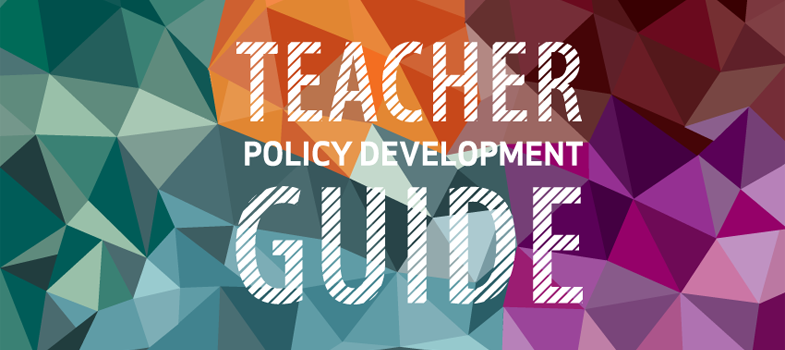3.7 Teacher standards
In an effort to understand and define what makes a good teacher and promote teacher competency and professionalism, with the overall aim of improving education quality and learner outcomes, an increasing number of countries are developing professional standards for teachers (hereinafter referred to as standards). While different concepts of ‘standards’ exist, this Guide defines standards as expectations about teacher knowledge, competences and attributes and the desirable level of performance (performance standards). It is generally agreed that standards should describe clearly and concisely what constitutes good teaching in a particular context, and what teachers need to know and be able to do to implement such good teaching.
Setting standards for teachers can serve multiple purposes:
- Developing a shared understanding, as well as a common goal and language, regarding quality teaching among teachers, other education professionals and the public
- Providing a framework to guide teachers’ professional learning and development
- Providing a clear and fair framework for professional accountability
- Providing a framework to improve consistency and coherence of teacher policies (including but not limited to teacher education, selection, promotion, reward and development)
- Contributing to professionalisation and raising teaching profession status.
3.6.5 Performance pay
